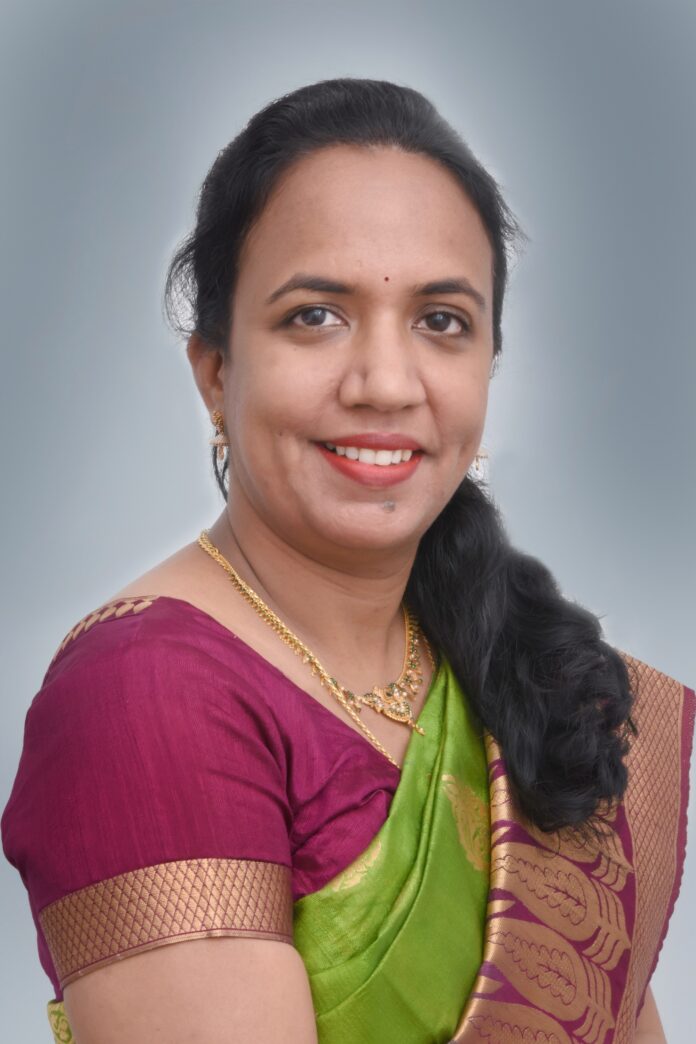Dr. Sandhya Rani, Sr. Consultant – Obstetrics & Gynaecology, Aster Women & Children Hospital, Bengaluru Increased reports of period pain has been noticed in recent times. As a young woman, it’s essential to take care of one’s reproductive health. Many complications during this age can affect your entire well-being, from irregular periods to hormonal imbalances and risks of sexually transmitted infections (STIs). Keeping up with common reproductive health problems and learning how to tackle them is imperative for a healthy future.
So, here is what every young woman should know about reproductive health, especially navigating common health concerns.
1. Irregular Periods – Irregular cycles may be a sign of hormonal imbalances or conditions like PCOS. Track your periods and consult a gynaecologist if they are consistently irregular, heavy or painful. Early intervention can help regulate your cycle.
2. Severe Pain – Severe period pain is not normal. It may be a sign of endometriosis or fibroids. If severe pain interferes with your daily life, consult a doctor for proper diagnosis and treatment. Complications can be avoided and one’s daily life can be improved simply by recognising and treating these signs early.
3. Infections and STIs – Most infections and sexually transmitted infections (STIs) can be prevented. Hence practice safe intercourse, take up regular screening tests and maintain good hygiene to protect your health. Pelvic inflammatory disease is one of the most common consequences of untreated infections leading to severe issues.
ALSO READ: Alliance University Announces ALF 4.0: Celebrating “The Asian Century”
4. Fertility Awareness – PCOS or pelvic infections can cause fertility issues. Consult a doctor if you have any concerns or are planning for the future. Regular check-ups can result in early identification of any issues and help the doctors to provide specific solutions.
5. Hormonal Imbalances – Mood swings, acne or changes in a person’s body could be symptoms of hormonal issues. Consult a gynaecologist about persistent symptoms to prevent long-term effects. A well-balanced lifestyle often helps to manage these imbalances.
6. Contraception Options – Understand and select the appropriate contraceptive that suits your needs. Discussion with your gynaecologist will help you choose the right contraception based on your health and lifestyle. Proper education and information on the different contraceptive options reduces risk and promotes safer choices.
Reproductive health isn’t only about disease management, it’s about taking control of one’s health, which involves preventing potential problems and seeking appropriate timely treatment when needed. Staying aware about conditions like irregular periods, hormonal imbalances and sexually transmitted infections can improve your overall health. Maintaining proper reproductive health along with early diagnosis and treatment can prevent bigger problems while contributing to a satisfied life without complications.
Platforms like EasyShiksha.com offer valuable courses that can help you gain the necessary skills.






































































